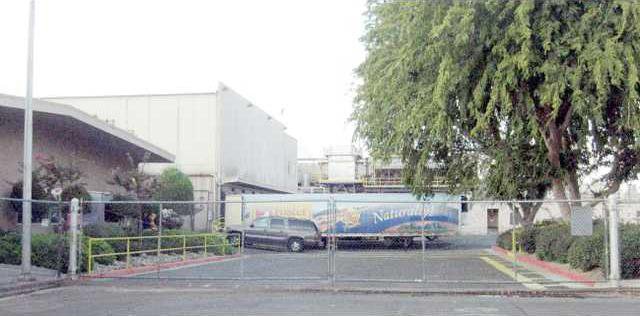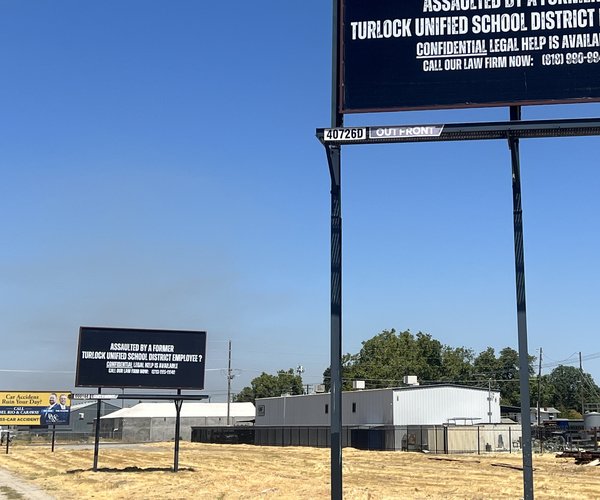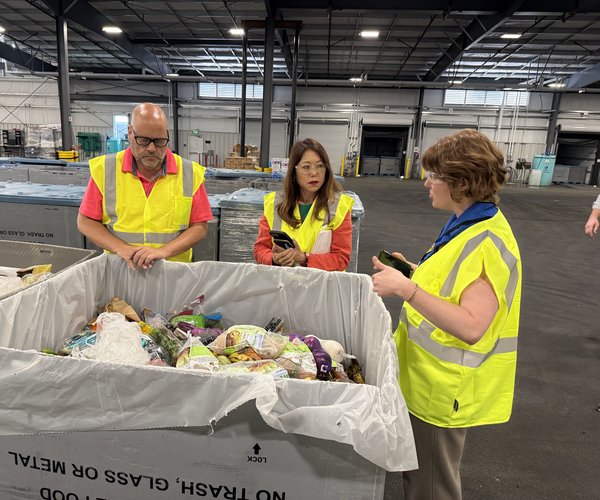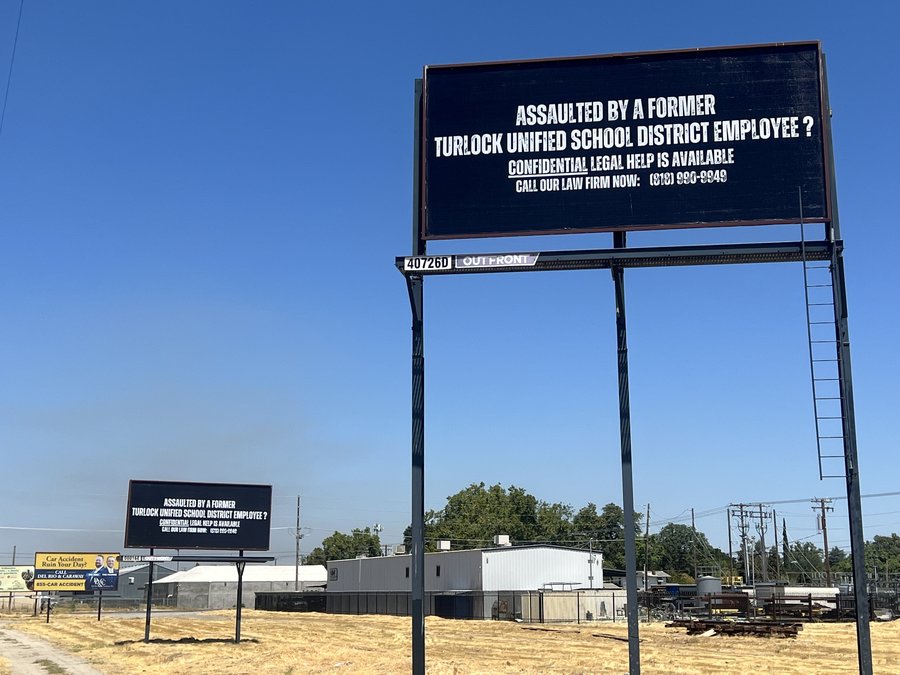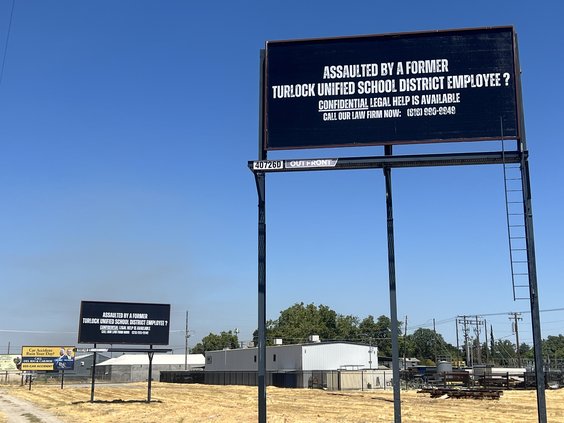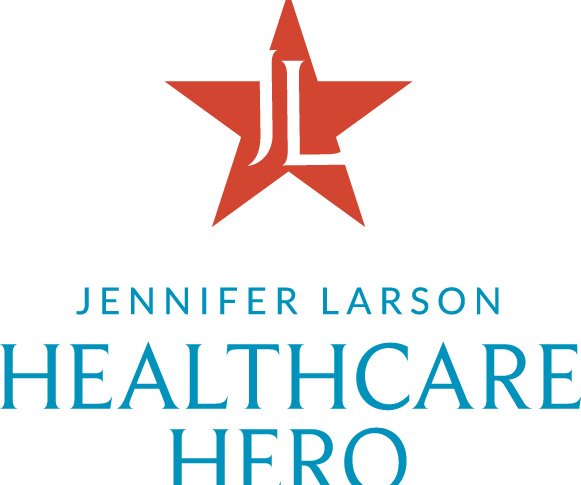Two Turlock Foster Farms facilities were among nine facilities nationwide to receive an Award of Distinction—the highest level of achievement for employee safety—from the Joint Industry Safety and Health Council during the 2015 National Safety Conference for the Poultry Industry.
Turlock was honored with two Awards of Distinction, which is the highest level of achievement for employee safety given by the Council, for its cooked chicken and processing facilities.
“We are dedicated to maintaining a safe working environment for our employees,” said James Ferrell, corporate manager of risk. “The conditions to qualify for this distinction were even more rigorous this year, and we are proud to be recognized as leading our industry in employee safety. We are grateful to our employees who work hard to improve safety at each facility.”
The Joint Industry Safety and Health council honored facilities that exemplified outstanding safety performance through the implementation of innovative and employee safety and health programs. These awards took into consideration each facility’s injury statistics over the past three years, as well an evaluation of written applications.
Foster Farms employs more than 12,000 employees nationwide. According to the National Chicken Council, illness and injury rates throughout the industry have decreased by 80 percent since 1994.
Despite these recent accolades that applaud Foster Farms for employee safety, the company has had its fair share of notoriety in the past few years for not always ensuring the health and safety of customers.
In 2013, Foster Farms narrowly avoided a shutdown due to a nationwide Salmonella outbreak that was traced to three Central Valley plants. Foster Farms submitted a corrective action plan for the three implicated facilities, one in Livingston and two in Fresno, which was approved by the United States Department of Agriculture’s Food and Safety Inspection Service. Several new safety controls were implemented at that time, according to the company.
In 2014, the Livingston Foster Farms plant was shut down by the USDA because of a live cockroach infestation. The facility received a notice of suspension from the USDA that addressed five incidences of live cockroach findings at their Livingston plant from September, November, December and two consecutive days in January.
Sixth months later, a multistate outbreak of Salmonella Heidelberg infections was officially linked to Foster Farms chicken by the USDA’s Food Safety and Inspection Service, which prompted an immediate recall.
The recall came after the FSIS was notified by the Center of Disease Control of a Salmonella Heidelberg illness on June 23, 2014, associated with the consumption of a boneless skinless chicken breast product. Working in conjunction with CDC, FSIS determined that there was a link between boneless skinless chicken breast products from Foster Farms and this illness.
Since April 2014, however, Foster Farms has continuously maintained a companywide Salmonella prevalence level of less than 5 percent. Foster Farms’ current performance represents a fivefold improvement over the last USDA industry benchmark of 25 percent in 2011-2012.
On April 30, Foster Farms’ Robert O’Connor was honored by NSF International, a global independent public health organization, with the 2015 Food Safety Innovation Award. The award recognized O’Connor’s leadership in guiding Foster Farms’ comprehensive food safety program as a “breakthrough in food safety.”
Over the last two years, Foster Farms has also intensified its Salmonella control program and invested $75 million in food safety advances. The company implemented a multi-faceted approach to controlling Salmonella that covers all areas of the company’s operations – from breeder stock, through grow-out, to the processing plant, according to a company spokesperson.

